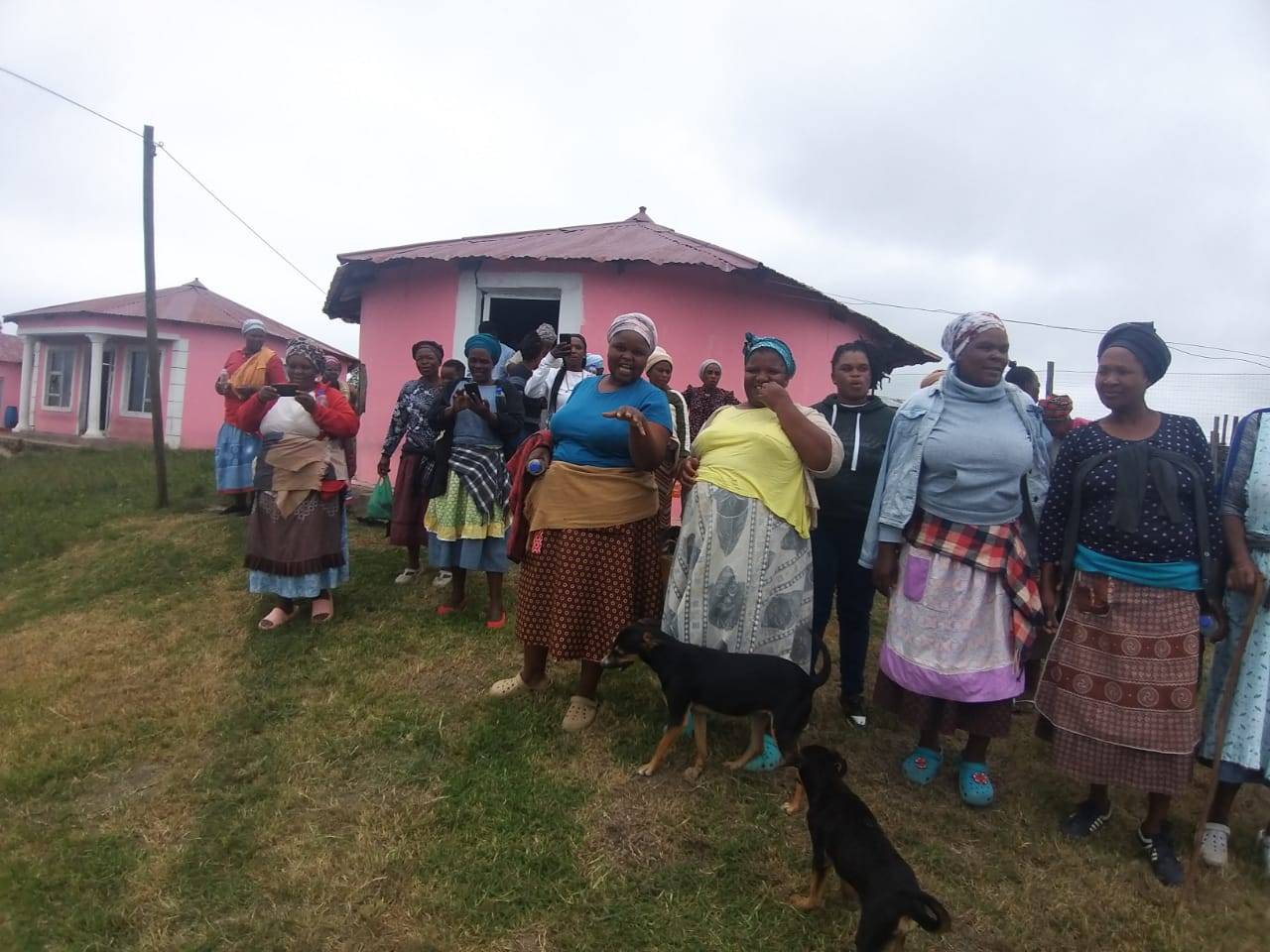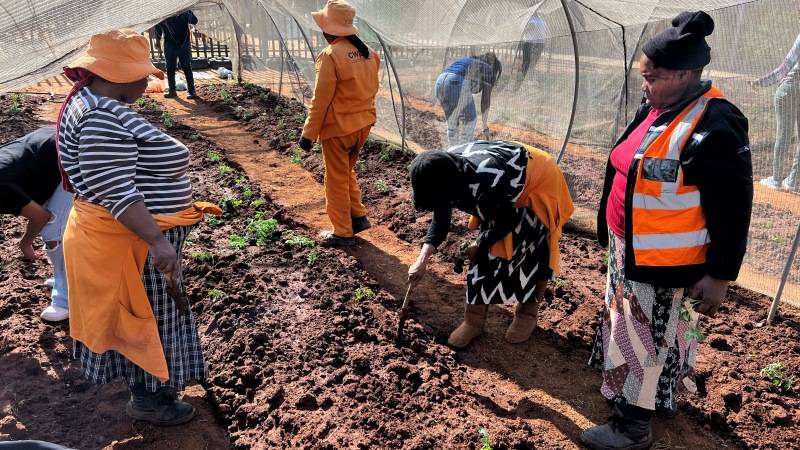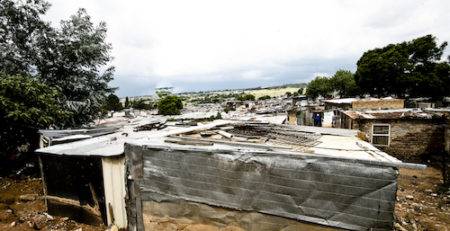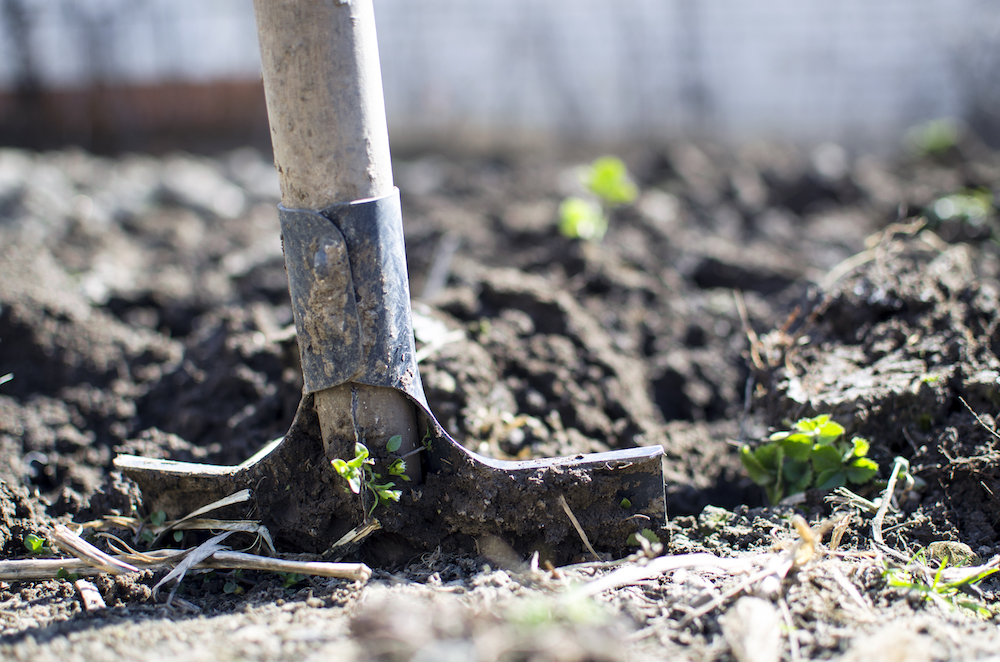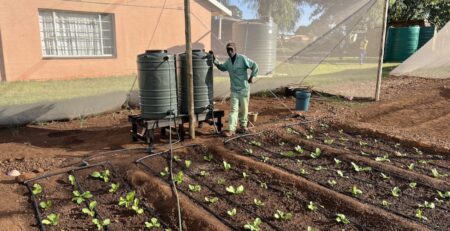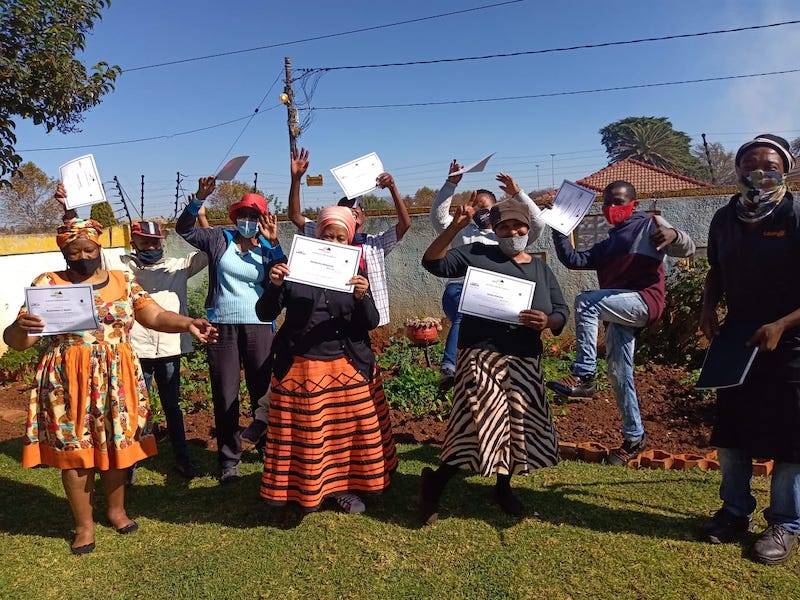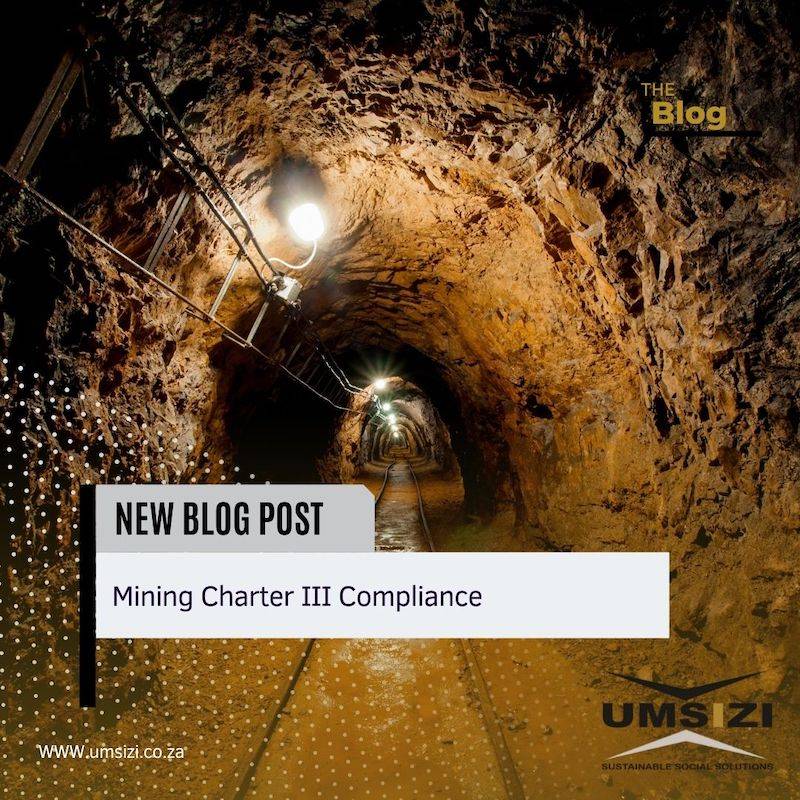Umsizi’s Sustainable Relationship Building Programme
Forging Sustainable Communities: Umsizi's Sustainable Relationship Building Programme
In a world grappling with multifaceted challenges, the quest for effective stakeholder engagement, community development, and transformation has never been more crucial. Umsizi Sustainable Social Solutions (Umsizi), a visionary social development company, in partnership with Harmony Gold (Harmony), have introduced a pioneering initiative known as the Sustainable Relationship Building (SRB) programme. This groundbreaking programme is geared towards driving community development and transformation through equipping, supporting, and harnessing the potential of faith leadership and traditional leadership, alongside municipal and government officials. Through the SRB programme, Umsizi and Harmony envision a future where shared social and economic prosperity is not just a dream, but a tangible reality.
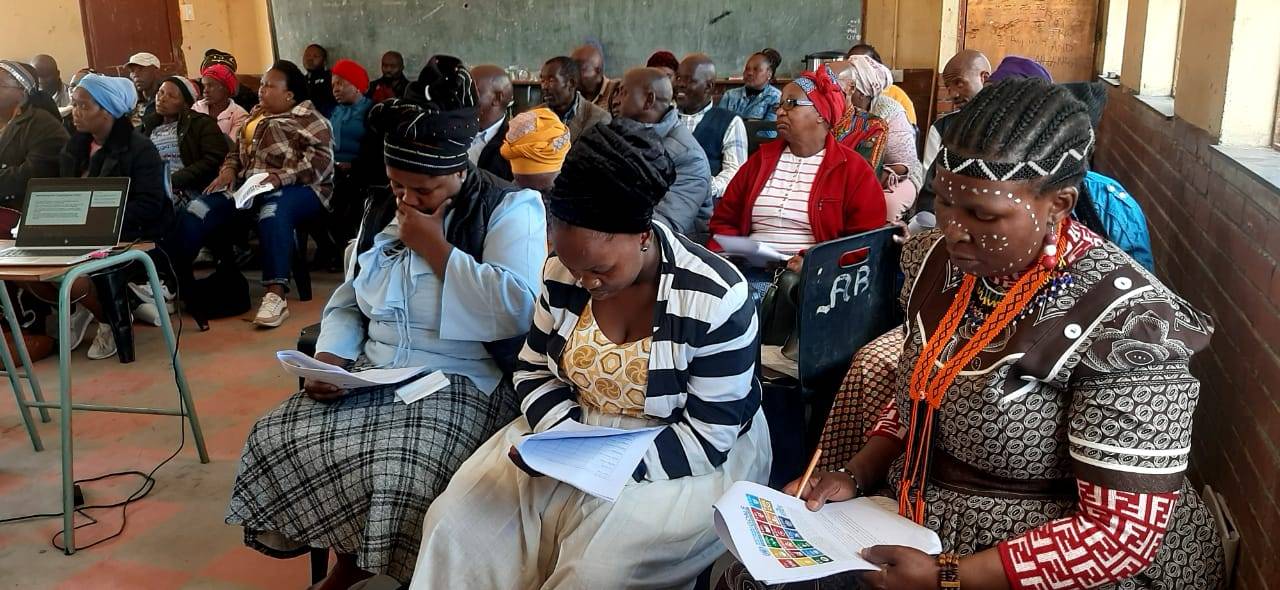
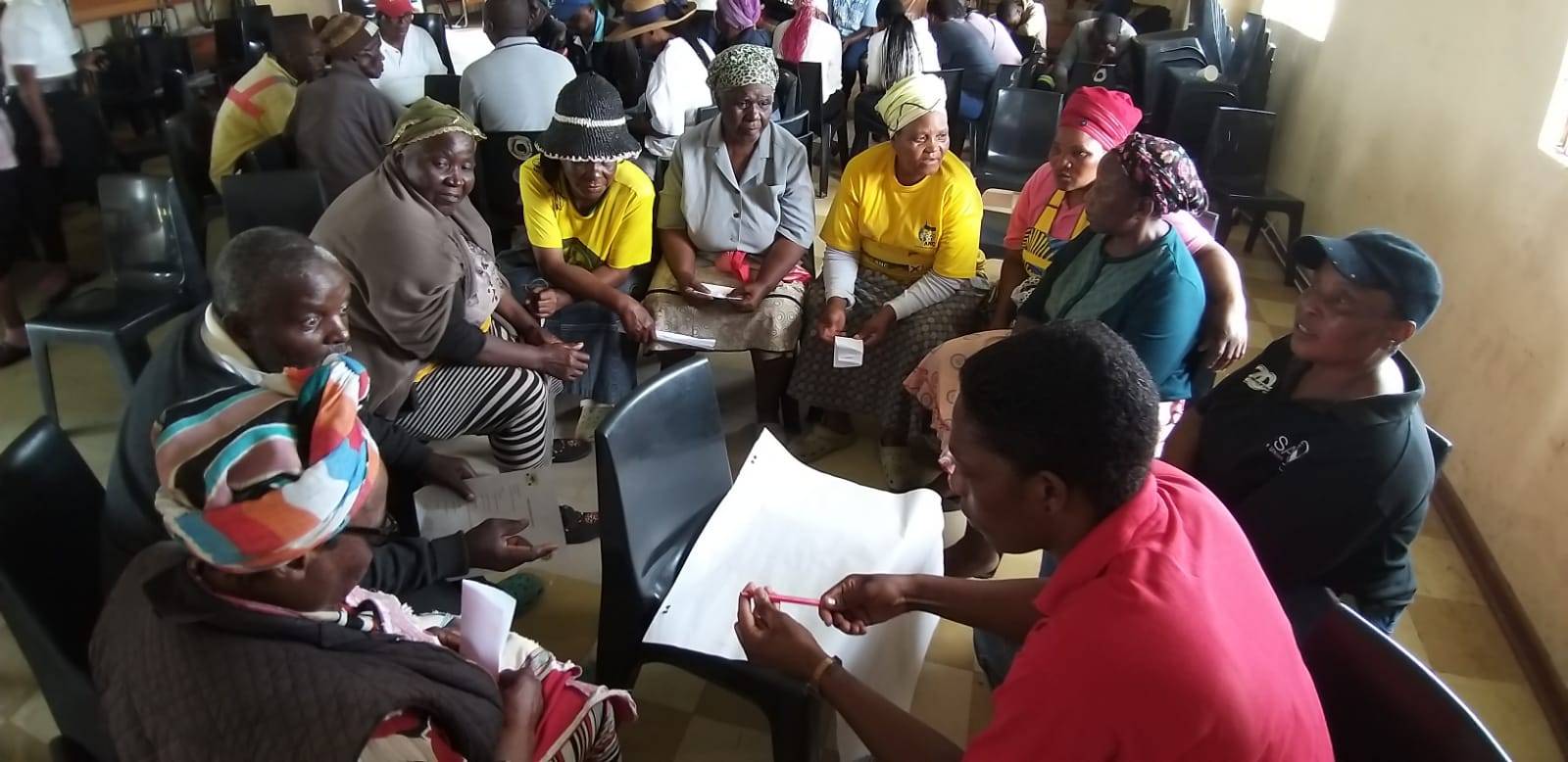
At the core of the SRB programme are fundamental pillars carefully designed to ensure its efficacy. Central to this initiative are workshops that serve as pivotal platforms for stakeholders to convene, identify challenges, explore opportunities, and collectively devise solutions. This collaborative approach involves a diverse spectrum of participants, including faith leaders, traditional leaders, leaders of community-based organisations (CBOs) and government representatives, fostering a multidimensional understanding of community dynamics.
What sets the SRB programme apart is its emphasis on homegrown solutions. Instead of imposing standardised strategies, the programme encourages communities to take the lead in identifying their distinct developmental needs, recognising their agency and crafting contextually relevant solutions. This tailored approach ensures that strategies are not only culturally sensitive, but also sustainable, paving the way for lasting progress. In effect, faith leaders and traditional leaders are empowered to become agents of change in addressing social and economic issues within their communities.
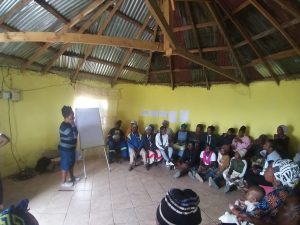 In practical terms, the SRB programme has been introduced to key leaders, including the Mayor of the Mbhashe Local Municipality and the AmaXhosa Royal Family Council. The response has been overwhelmingly positive, with these leaders acknowledging the programme’s potential to tackle entrenched issues and uplift their communities.
In practical terms, the SRB programme has been introduced to key leaders, including the Mayor of the Mbhashe Local Municipality and the AmaXhosa Royal Family Council. The response has been overwhelmingly positive, with these leaders acknowledging the programme’s potential to tackle entrenched issues and uplift their communities.
The SRB programme’s official launch marked a significant milestone, garnering support from influential figures such as the Royal Council Chair, the Mayor’s Office, the Council of Churches, and the Local House of Traditional Leaders. These leaders lauded the programme’s multifaceted approach and its capacity to catalyse a positive ripple effect.
As expressed by Inkosi Mthwesi, Chairperson of the Mbhashe Local House of Traditional Leaders, “We appreciate Harmony Gold and Umsizi for coming to facilitate a homegrown solution for development in our communities, bringing together all stakeholders.”
This sentiment resonates with other leaders who recognise the Sustainable Relationship Building programme’s potential to empower communities and foster sustainable change, including:
Mama Sigcau, AmaXhosa Royal Council Chair “As a Royal Council we have been praying for something like this, we have a vision, but we did not have partners to support it. Thus, these programmes are contributing to our vision and will help enhance the dignity of our people”
Inkosi Nhlokondala, Colosa Komkhulu “We appreciate as traditional leaders that you are acknowledging the importance and relevance of our institution and committed to help us find sustainable ways of development, we are committed to this program”
Pastor Nyathela-Mbhashe, MRM & Council of Churches Chairperson “We shall make sure these programmes succeed; this is what our people need”
As a result of their participation in the SRB programme, Pastor Madlala and his wife became sensitised to the challenges being faced by their communities, including drugs and substance abuse, crime, murder, rape and others. Consequently, they initiated a community awareness campaign that brought together some of the faith leaders participating in the SRB programme. This event garnered significant community turnout, with an estimated 95 people attending. The pastors acknowledged that had it not been for the SRB programme, such collaborative efforts would have not been initiated as, although they come from the same locality, the pastors have never previously worked together. The SRB programme therefore offered them a platform and an opportunity to collaborate together as they address pressing community challenges.
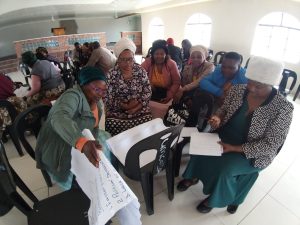 A robust framework development is another foundation of the SRB programme. This involves crafting a comprehensive vision and action plan that caters to both micro and macro-level aspirations. The programme also establishes a platform or forum to facilitate the exchange of best practices and insights, fostering cross-pollination of ideas and stimulating collaboration for amplified impact.
A robust framework development is another foundation of the SRB programme. This involves crafting a comprehensive vision and action plan that caters to both micro and macro-level aspirations. The programme also establishes a platform or forum to facilitate the exchange of best practices and insights, fostering cross-pollination of ideas and stimulating collaboration for amplified impact.
The SRB journey unfolds through a methodically orchestrated sequence of steps, ranging from community mobilisation, capacity building, stakeholder engagement, coaching and mentoring. Central to this journey are workshops that serve as spaces for critical conversations, addressing themes like comprehending poverty’s dimensions, nurturing caring communities, and igniting transformative leadership. Once the leaders have gone through the capacity building programme, they are then trained to be able to facilitate the workshops or sessions of the programme in their community based on their perceived needs.
As a result of this cascade approach, some leaders have already started facilitating the programme in their communities. To date, a total of 48 participants in the SRB programme (28 in Dutywa and 25 in Willowvale) have been trained to become SRB workshop facilitators. . The emphasis of the training was to ensure that they are able to run workshops in their communities with minimum resources to ensure the programme is sustainable.


Above: Mrs Ludonga from Dutywa Women Support Centre together with her staff facilitating a session after her training. She was able to mobilize 36 faith and traditional leaders from different villages for her workshop.
Insights gleaned from the programme’s initial phases underscore the importance of aligning activities with community calendars, ensuring optimal participation. Integration emerges as a critical strategy, as the collaborative nature of the programme empowers various sectors to collectively address challenges. These lessons will inform the SRB programme’s evolution and optimisation as it progresses. Through its inclusive approach, the SRB programme stands as a testament to how traditional and faith leaders, government officials, and development organisations can unite to usher in an era of shared prosperity and transformation through a movement of Change Agents.
Umsizi’s unwavering commitment to this programme underscores its dedication to fostering positive change through innovation and collaborative partnerships.


